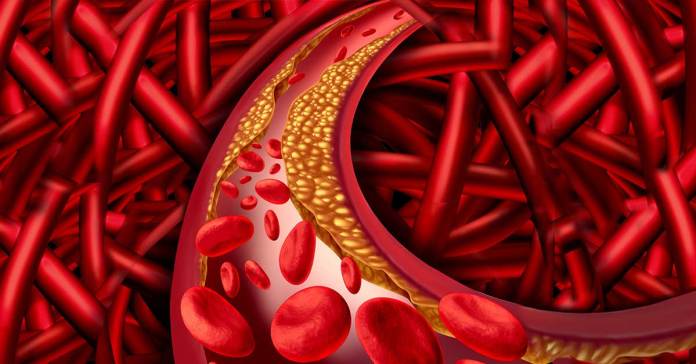Gut microbiota consists of a diverse and complex community of microorganisms (good bacteria) that live in our digestive tracts and play a central role in every aspect of human health. Our gut harbors tens of trillions of microorganisms, containing at least 1000 known bacterial species.1 About one-third of gut microbiota is common to most people, while two-third of it is specific and individualistic. Which boils down to each of us having our own unique and specific combinations of gut microorganisms – this balance has a lot to do with how healthy our gut is.
What Does Gut Microbiota Do?
Gut microbiota fulfills physiological functions that greatly impact our health.2 It helps:
- digest certain types of food which the stomach and the small intestine are unable to digest,
- produce vitamin B and vitamin K,
- protect us against the harmful actions of other pathogenic microorganisms, and
- enhance the immune system, by acting as a protective barrier.
Apart from these, the short-chain fatty acids produced by bacteria in the gut contribute approximately 5–10% towards human energy requirements. Increased short-chain fatty acid concentrations due to gut microbes are also associated with an increase in satiety levels and stable glucose and cholesterol levels.3
Is Gut Microbiota Imbalance Driving Your Cholesterol Levels Up?
Dysbiosis or microbial imbalance on or inside the body is the most commonly reported digestive tract condition. It is in turn associated with illnesses such as inflammatory bowel disease, obesity, and cancer.4 Research also shows that the microbiota in your gut may impact your weight, fat, and good cholesterol levels – critical factors in your cardiovascular health. A recent study provides new evidence that there is a strong link between the beneficial microorganisms in our body and the levels of good cholesterol and triglycerides.5 According to the study published in the journal Circulation Research, about 34 different types of bacteria contribute to the levels of good cholesterol (high-density lipoprotein or HDL).
Discounting clinical risk factors, any imbalance of the gut microbiome makes a significant contribution to the variability of HDL in our blood levels. The gut bacteria are also known to carry out biotransformation of the bile. This process is important for the metabolism of cholesterol, which subsequently decreases the serum cholesterol levels of bad cholesterol (low-density lipoprotein or LDL). Hence, an imbalance in the gut microbiota can lead to increased levels of LDL in the body.6 Interestingly, studies are also exploring how changes in cholesterol metabolism caused by diet can in turn alter and induce dramatic shifts in the gut microbiota.7
Factors Affecting Gut Microbiota Variations
Age
The diversity of gut microbiota composition has been found to be higher in adults than in children. Our gut is mostly sterile before birth and starts accumulating microbes during and after birth. Infants and babies have low gut microbial diversity. Our gut microflora becomes more complex, varied, and stable as we become adults, and they tend to stay that way for a long time. As we move into old age, we begin to lose some of that stability as the composition of our gut microbial communities again varies.8
Diet
Many studies have identified the strong association of gut microbiota with nutrient intake. Both your long-term food habits and short-term changes in your diet can lead to shifts in the nature of microbes in your gut. Even aspects like whether an infant is breastfed or formula-fed are known to transform the composition of the gut microbiota in humans.9 Regular and balanced intake of fruits, vegetables, and fibers is associated with a rich and diverse gut microbiota. Food rich in living microorganisms (probiotics) such as yogurt, kefir, or sauerkraut can help balance the composition of gut microbiome.
Exercise
Physical activity can also have an effect on the gut microflora. Researchers found that athletes who exercised intensely for prolonged periods showed greater diversity in gut bacteria, with increased immune-boosting effects.10
References





